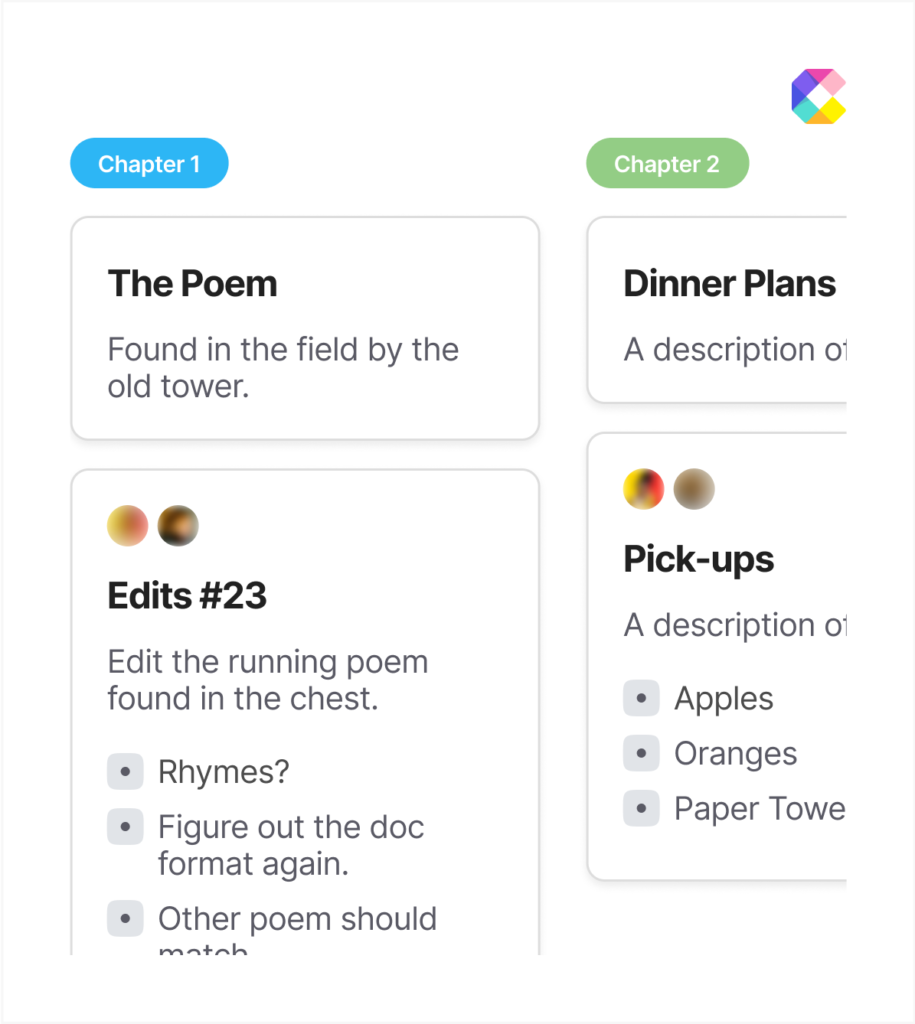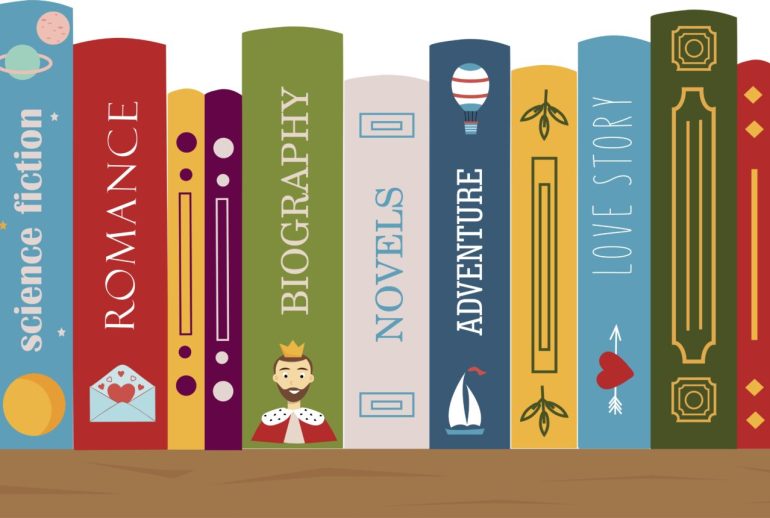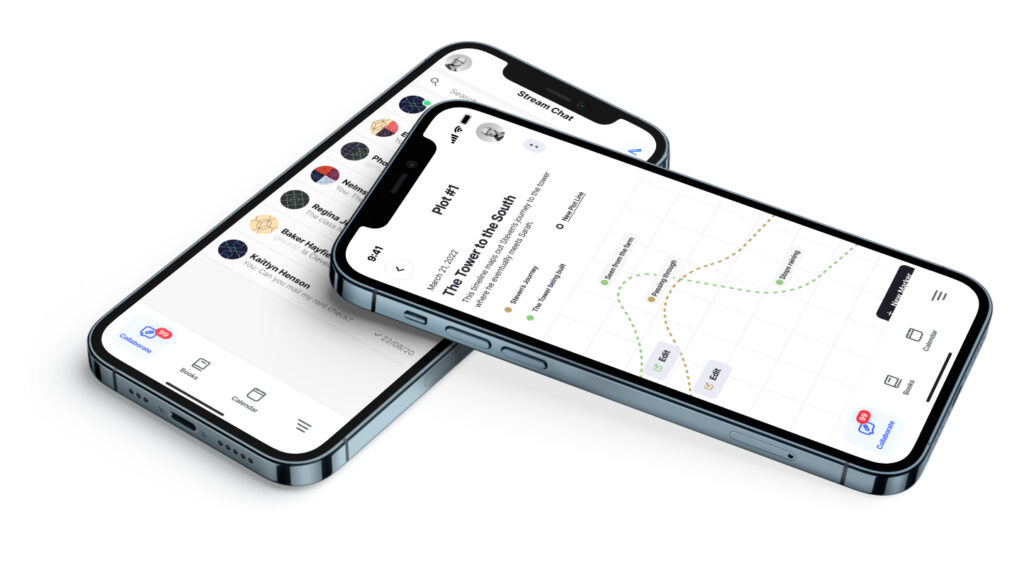Feel like your single-genre story is missing something?
Many authors write a powerful story and struggle with categories—Amazon lets you have two, after all. Then the author wonders if they’ve made a mistake writing a single-genre story… and they’re right to worry.
If this sounds familiar to you, then this is the article for you. If you’re a single-genre author, then it’s time to learn why experts and big-name, bestselling authors recommend a dual-genre approach. With a little knowledge, you can arm yourself with the best bet for your next book and avoid creating a book that might be dead on arrival through no fault of your own.
Are you a single-genre author? Are your sales lackluster? Do readers struggle to connect with your well-written, great stories? If you write great stories, market, and have to-market covers, but write in a single genre, then your problem might be genre based. Let’s give your next book a leg up or help you polish up existing stories to draw in more readers who’ll love your work.
Why your book needs to have 2 genres (e.g., why romantic comedy is better than just romance or just comedy)
If you spend any time cruising the top 100 bestselling books, they’re often books that focus on combining two genres. Romance alone tends to be a mix of romantic comedies, paranormal romance, romantic suspense, and so on. This holds true for every single genre. Young adult books tend to blend genres and look something like YA Dystopian, YA Romance, YA Fantasy. Fantasy can be a mix of fantasy and horror, fantasy and sci-fi and so on.
Why?
Because readers tend to prefer the complexity that comes with blended genres. Sometimes readers come across a genre blend that is their favorite and they’ll happily read any book with that mix that also sounds good.
Why does this matter to you, dear author?
Well, a bad blend of genres or a single-genre book can be very difficult to market, can turn readers off right out of the gate, or might not resonate with readers enough to woo them into reading your entire backlog or anything else you write.
In other words, a single-genre book can cripple an author’s career and cost them a lot of sales they could have received if they’d decided to utilize two genres.
Two genres? Can authors mix any two genres?
This is where things get complicated. Some genres don’t blend well, but, I’ve watched questionable genre blends that shoot up the bestseller lists, but I’ve watched some fail too.
So my advice here is as complicated as any other writing advice:
- Write what you feel. Readers sense authenticity. They also sense when you write from the heart. However, they know when you’re not writing from the heart.
- Take advice and feedback on board, but don’t let anyone tell you that what you’re doing won’t work. Anything can work—it’s all in your writing skill, genre knowledge, and how well you meet reader’s expectations.
- Listen to your beta readers, alpha readers, and your editor. If all of them aren’t feeling what you’re writing, try to find a way to better convey what you’re trying to do with your genres.
How do I pick two genres?
This is a complicated, personal question that authors need to do some introspection to decide. An easy way to decide would be to look at what you like to read. Do you love cozy mysteries with a touch of romance? Write that. Do you love campy comedy horrors? Write that. Don’t write what you think will sell. Write what you love, because your love will speak to your readers more than writing in a genre you don’t know but think will make you the most money.
And no, I’m not saying you shouldn’t write with the hope to make money. Every artist deserves to be paid for their hard work, even if it’s a labor of love. But you need to love what you do when it comes to art, or your work might miss that ‘it’ factor that wows readers.
If you love single-genre books and you’re truly stuck on what you should do, then consider how you can sneakily weave in another genre. If you love space opera novels, why not include a thriller aspect where the crew is in fear for their lives because a threat made its way on board? There are so many interesting crossovers out there, it’s impossible for anyone to find something that doesn’t suit their tastes. And here’s a secret—if you love it, there’s an audience for it. And it’s highly unlikely your audience is 1 person—you.
So I can write a nonfiction romance sci-fi fantasy novel set in modern day earth with dragons and every character is a pigmy goat?
Obviously we need to set some safe ground rules.
Two genres are better than one.
A three-genre book might be pushing your luck. Whatever the heck that example is won’t fly. If your genres have very clear contradictions (nonfiction fiction story set on modern day earth, but with dragons and pigmy goats instead of people? That doesn’t make sense.)
Your idea needs to blend. They have to mix with no hard lines between them.
Unless, of course, you’re writing a comedy that’s designed to be a ‘what the heck?’ story. I’m sure there’s a niche for that.
I like to tell authors to pick genres that compliment one another. Romantic comedy is a fantastic example of two genres working in tandem to surprise and delight readers. Readers expect, at a glance, for a rom-com to be light, fluffy, fun reads that make them feel good and avoid painful or difficult topics.
Paranormal romance readers expect paranormal stories where an unexpected couple find love when—and potentially where—they shouldn’t.
You, the author, need to meet reader expectations and give them what they’re looking for as well as a powerful emotional payoff in the story.
Now, when it comes to nonfiction, the rules are a bit different. This article specifically means genre-blending in fiction.
Why does genre matter?
Genres tell your reader if they will or won’t like your book. A lot of new authors think their book is so unique it’s uncategorizable. This means one of two things:
- Either they’re not familiar with existing genres
- They blended far too many genres and fit none of them
Are these bad things?
Yes.
If a reader can’t make sense of your book, then you’re failing at marketing your book to readers. If they can’t tell what the book is about or if they’ll like it, then they’re not going to spend money on your book. If you don’t do appropriate genre research, you look unprofessional and like you can’t be bothered to put in the work to figure out what kind of book you wrote, and readers will assume the interior is messy too.
This isn’t a personal attack. I think of it more like going to the automotive section of a store and finding flowers. They’re likely two very different buyers, and while there’s a possibility of crossover (people who need automotive supplies andflowers) it seems like a very small niche that won’t make a lot of money and risks annoying both types of shoppers.
You need to find a crossover that will work for readers, not two things that mix like oil and water and turn readers away before they even give your work a chance.
Now, I’m of a mind that most genres can be blended, but like anything else, it must be done well.
Marketing and genres are tied?
Yes!
How you market your book, from promotions like the coveted Bookbub to smaller promotional platforms will require your genre. If you don’t know your genre or have too many genres to choose from, you’ll wind up rejected.
Genre is the strongest marketing tool at your disposal as it determines everything from what promotions you should do, to the authors you should engage in newsletter swaps with, right down to how you describe your books to readers.
How do I know what my main genre is and what my subgenre (secondary genre) is?
This is actually easier than a lot of authors think it is!
At the core of your book is a story. That main, overall, story should have a focus. In mysteries, it’s the whodunit. In romance, it’s the relationship. In fantasy, it’s the magical element.
The subgenre is the secondary genre your book fits into. So lets use the examples above. If your mystery novel has ghosts or paranormal elements, then it’s probably a paranormal mystery. If your romance includes danger, car chases, threats to the hero or heroine’s lives, then it’s probably a romantic suspense. If your fantasy story includes retro-futuristic technology and aesthetics inspired by the industrial age and steam-powered devices, then it might just be a steampunk fantasy.
Most stories combine elements in a way that they fit perfectly into multiple genres or categories. Now, there is a lot of debate on balance. How do authors balance their genres and subgenres? Should it be a 90-10 split? A 60-40 split? Honestly, as close to 50-50 as you can get is a great way to go. The elements in your story shouldn’t overpower one another; they should fit seamlessly together like a puzzle with invisible lines.
And yes, I know this is easy to say, but hard to practice.
How do I perfectly blend genres and wow my readers right out of the gate?
Practice. Hard work. Plenty of research. And reading.
Reading widely in your genre(s) is the number-one way to learn what works, what doesn’t, and how you should proceed. And you don’t even just have to read bestsellers or good books. Read everything. Dissect them. Decide what works for you.
Read reviews. See what readers love (or hate) about the books you read. Make notes about what works and what doesn’t. All of that information will help you make informed choices about what genres you should blend and how.
Genre-blending takes skill, practice, and research. But you can do this!

Use the outlining tool to build your story. Ensure a complete story arc and work out the major components of your story before you even begin writing.
- Organize ideas
- Build adequate conflict
- Ensure adequate pacing and character development



